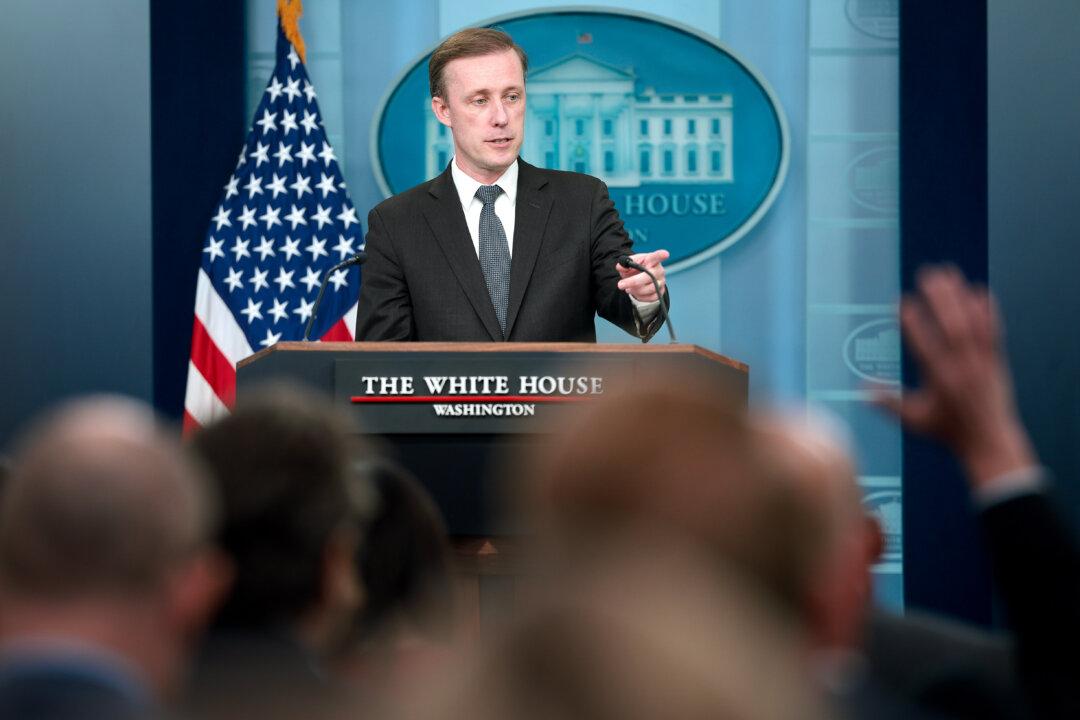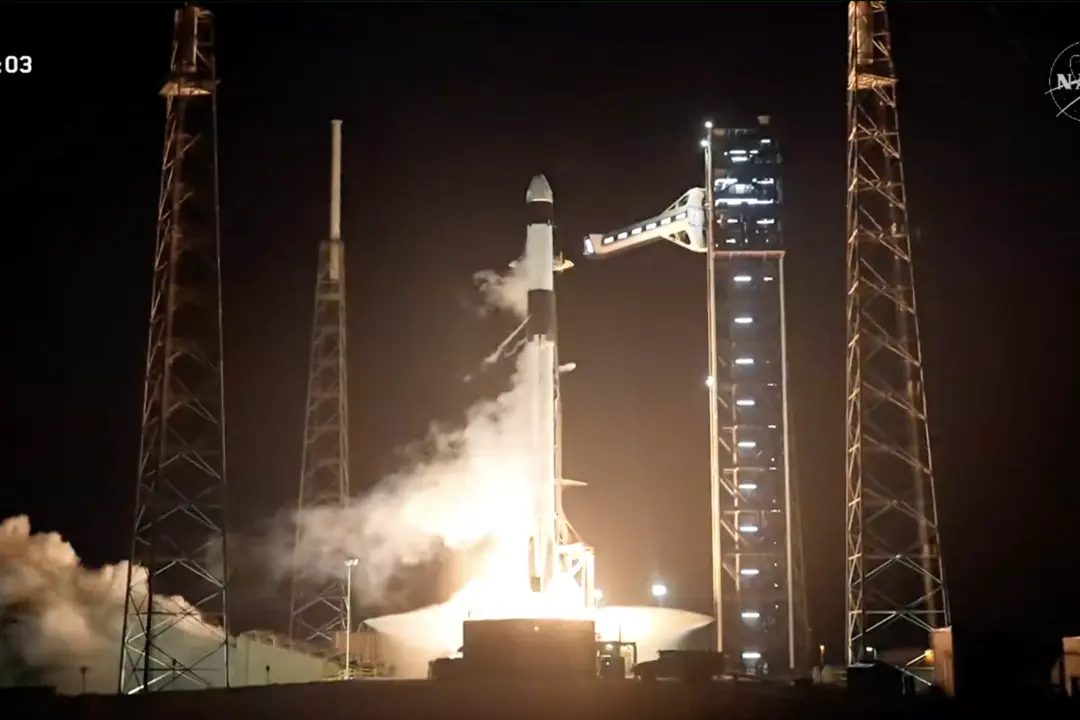U.S. national security adviser Jake Sullivan reaffirmed that the Biden administration’s official position is that genocide is not happening as Palestinian civilians in Gaza continue to be killed in the crossfire of Israel’s ongoing war with the Hamas terrorist group.
“We do not believe what is happening in Gaza is a genocide,” Mr. Sullivan told reporters on May 13. “We have been firmly on record rejecting that proposition.”





